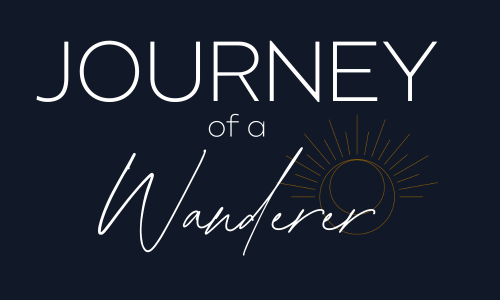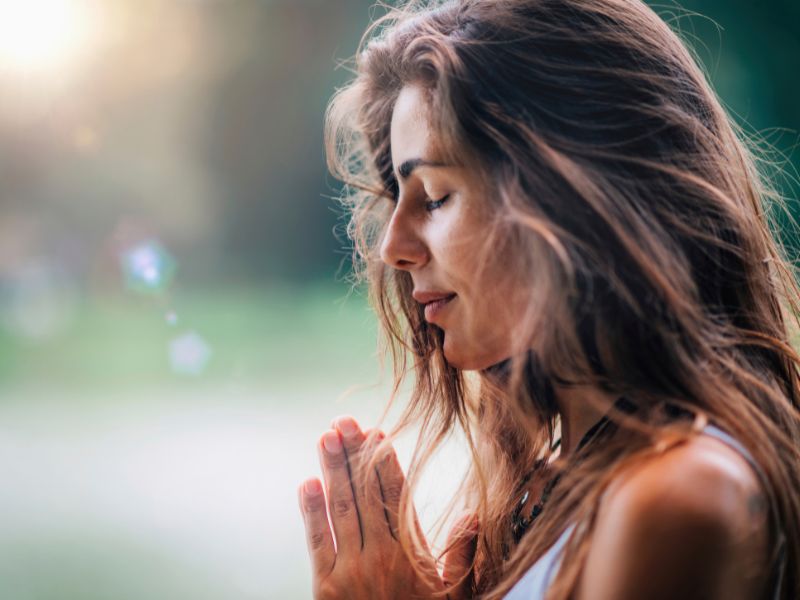I’ll be honest: there’s still a part of me that flares up with frustration and resentment when I listen to influencers, spiritual mentors, or self-help experts share their tales of “overcoming hardship”—stories that make it clear they come from backgrounds of privilege.
You know the type: the well-known self-help guru who spent time in India during college to study with monks, or the spiritual teacher who talks about their “awakening” after a single divorce or career shift. There’s also the ex-Silicon Valley professional who found enlightenment while simultaneously becoming a fitness model.
And, of course, the familiar refrain: “If I can do it, so can you!”
It’s a nice thought, isn’t it? Maybe even motivating.
But for those of us who have faced profound, soul-wrenching pain—trauma that changes who you are, grief that stays like a shadow, abuse that affects your mind and body—this kind of advice can feel hollow, even dismissive.
While these figures may have had their struggles, they often seem unaware that their path was paved with privilege, whether they recognize it or not.
I want to be clear: suffering touches everyone. No life is completely without pain.
Each person has their moments of hurt, fear, or loss. But I also know that not everyone’s “rock bottom” reaches the same depths. And it can be downright maddening to hear that we’re all on an even playing field when, in reality, we’re not. Some of us began our lives in holes so deep that just getting to ground level is an extraordinary accomplishment.
The Damage of “Just Manifest It” Culture
One of the toughest things to face is the way many spiritual and self-help teachings completely ignore privilege. In the world of manifestation, we’re told that “thoughts become things” and that if we focus on positivity, abundance will come. But what if years of trauma have shaped our thoughts? What if survival mode has become our constant state, making “just manifesting it” seem like an insult?
When a coach who was raised with financial stability, family support, and educational opportunities tells me I can “manifest my dreams” just like they did, part of me wants to shout, “But we’re not starting from the same point!”
It’s not that they haven’t faced obstacles, but the reality is that the playing field was never even. And when I hear “anyone can do it,” it feels like gaslighting—as if the years of hardship, trauma, and loss I’ve faced are simply failures of willpower or mindset.
Embracing Pain and Frustration
It’s taken me a long time to recognize my frustration for what it truly is: a natural reaction to being told over and over that my pain isn’t valid or that “thinking positive” will change everything. I’ve lived through intense childhood trauma, survived sexual assault, endured emotional neglect, lost my best friend in a tragic way, watched my fiancé die, and been trapped in abusive relationships.
These are experiences that can’t be healed by a weekend workshop or a vision board.
So yes, I get frustrated when I hear “if I can do it, so can you.” For some of us, the journey to growth and healing is not as simple as adjusting our mindset or picturing our goals. It’s about clawing our way out of dark places we never chose to be in.
The Hard Truth of Self-Acceptance
The hard lesson I’m learning—and it’s still very much in progress—is that my pain is real, and my journey is valid. I grew up with chaos, neglect, and abuse, which set the stage for a life riddled with pain.
I’m finally learning that it’s okay to feel frustrated, to acknowledge that privilege has affected others’ paths in ways that differ from mine. But even more importantly, I’m realizing that it’s okay to honor my journey for what it is. I don’t have to compare my experience or healing timeline to anyone else’s, because my path is uniquely my own.
This shift has unlocked something I never expected to find: self-compassion.
I’m learning to feel the anger, the jealousy, even the pain, without judging myself for it. Allowing myself to experience these emotions fully, without shame, has become an unexpected part of my healing. I’m finding that my feelings don’t make me unworthy or weak—they make me human.
Letting Go of Comparisons
There will always be people whose lives seem easier, those who bounce back quickly or who haven’t faced the kind of darkness I have. But that doesn’t make me any less deserving of healing or finding my own joy. My path may be different, but it’s just as valid. I’m learning to let go of resentment and focus on what I can control: embracing my own story, honoring my healing, and giving myself the grace that others may not understand.
The reality is, we’re all here to learn different lessons. Mine have been intense and deeply painful. And if there’s one thing I want to offer to others who feel the same way, it’s this: Your pain is real, and it deserves to be honored.
You don’t need to measure your healing against anyone else’s journey. You don’t have to feel inadequate because your path looks different. In the end, your story—every scar, every feeling—is exactly as it’s meant to be. And that is more than enough.


